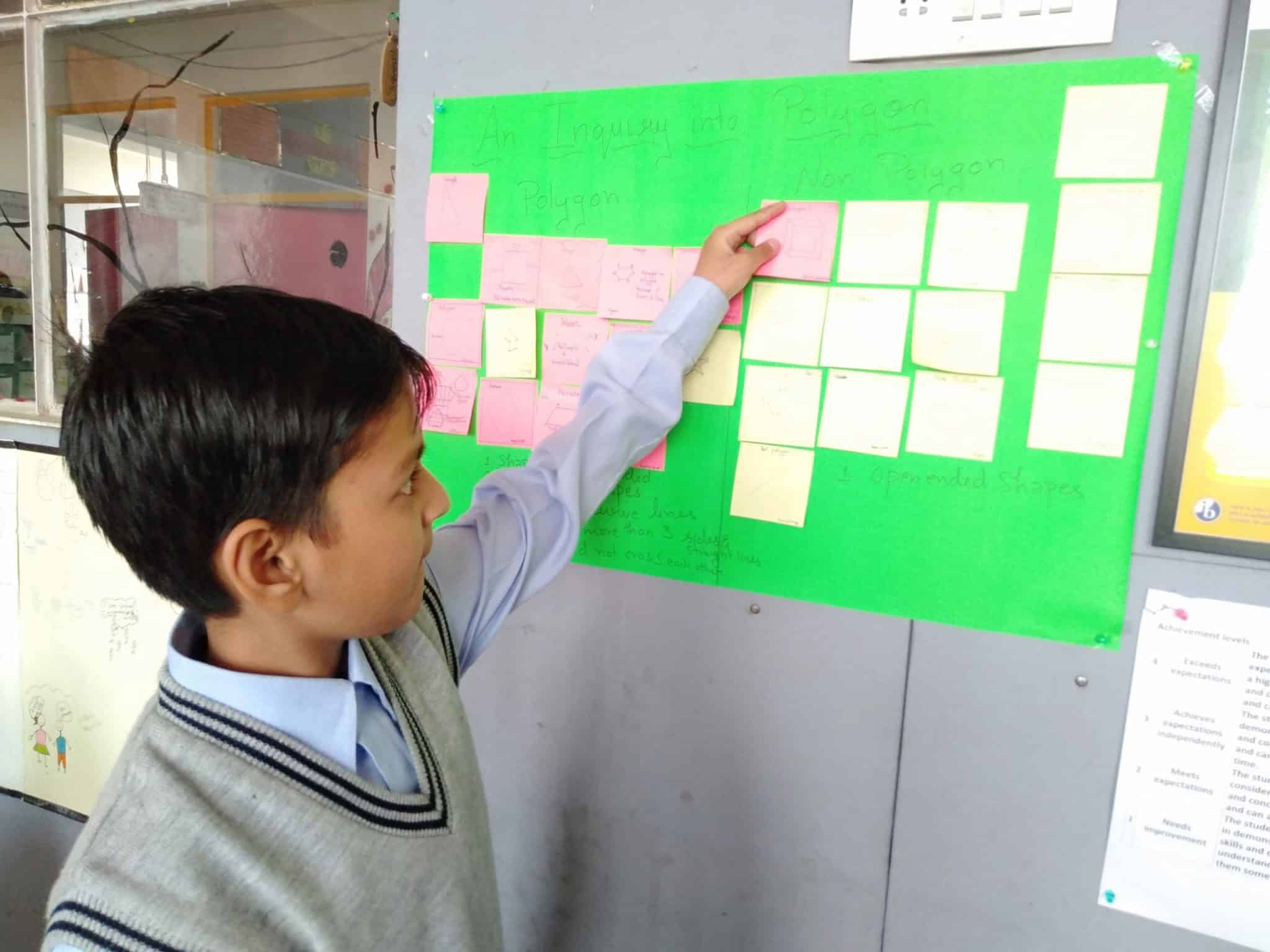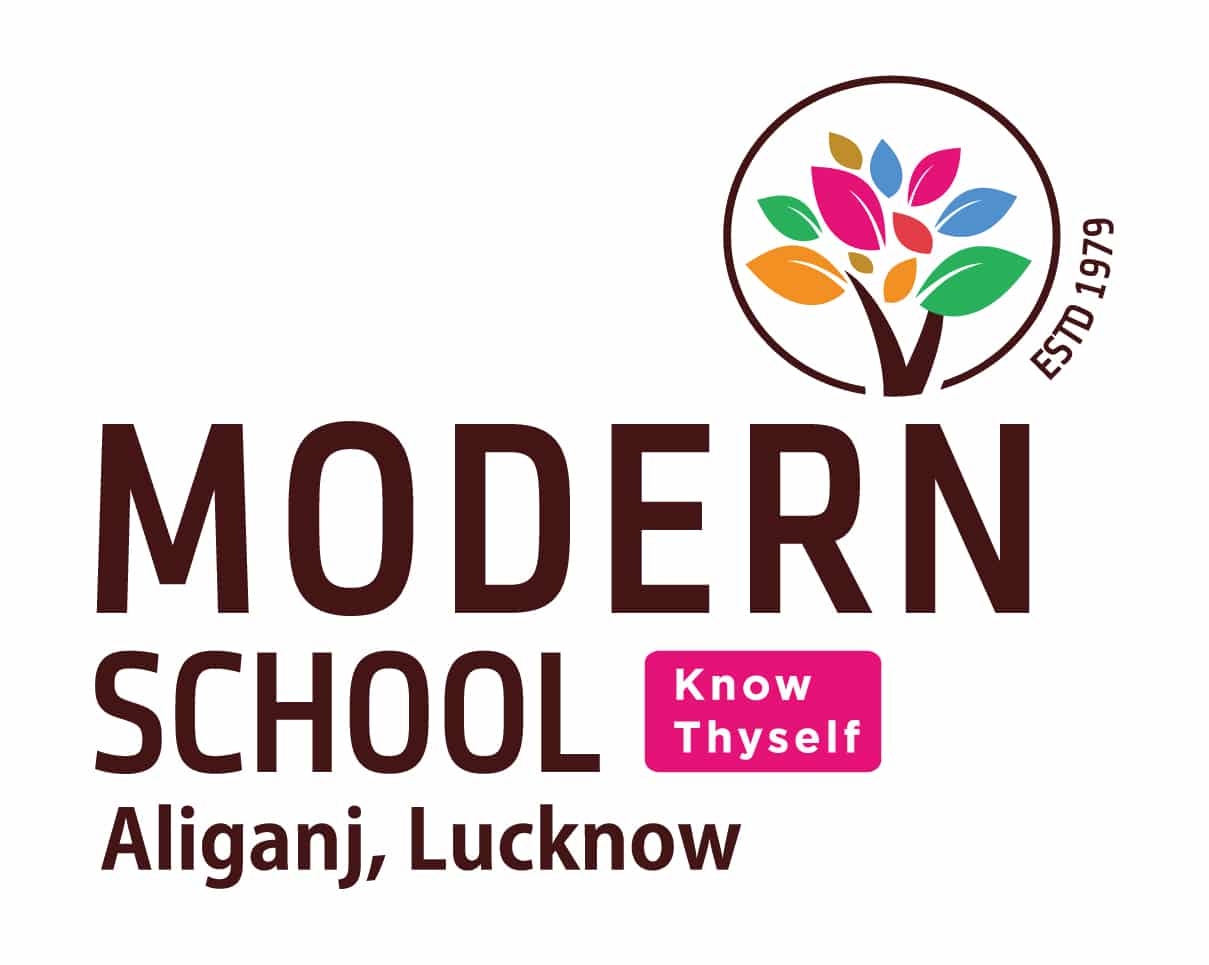Build Knowledge by ‘Doing’-Why First-Hand Experiences are Important to learning
“Children must be taught how to think independently, not what to think.” - Margaret Mead

Education is no more limited to learning facts and ideas; it is about the connection to the world and understanding concepts and applying them in real-life situations. It can only be achieved through the ‘First-hand learning’ methods. Being hands-on is especially important in the classroom because it allows students to engage in learning for life. In class, first-hand learning means replacing chalk-and-talk pedagogy of the past with inquiry, problem-based, and activity-based learning.

How do we implement
In Modern School, educators have adopted and designed the curriculum to provide a first-hand learning experiences and questioning the experiences. We believe strongly that children learn best from inquiring independently about first-hand experiences. We make the best efforts to provide real-life hands-on experiences to the children as we can.
- Field trips– Every now and then we take our children to various field trips to places like the city zoo, botanical garden, science city and public places like the post office, fire station to give them the real-life experience of things.
- Hands-on experiments– We set up small experiments to give them a first-hand experience of the theory and concepts of the topics.
- Group tasks– Our children often perform various tasks through group work which enables them to teach and learn from each other. It is a more effective way of learning things first hand. They learn social skills and it is an important aspect of social constructivism.
- Inquiry-based learning– We don’t believe in giving answers to their queries immediately. We first expect the children todo independent inquiry. Otherwise, children become dependent and passive, which is not a good attitude formation.
- Role-play/skits– A very interesting way to make children learn at their pace and in their own original way. Roleplay enactments make their learning playful and easy.

Benefits of First – Hand Learning
- It is a more engaging way to learn: – First-hand learning keeps learners engaged in what they are learning. When students do something of their own they learn quickly, practice their skills, and also put their knowledge to their test. Most importantly, they are actively creating knowledge, instead of passively consuming it. This is the concept of cognitive constructivism.
- It can lead to increased retention:- Students experience a huge increase in the amount of information that they retain when given the opportunity to practice what they are learning in the form of hands-on training. For example, students may learn about a concept in the classroom, it is by walking through an experiment in the laboratory or creating a project at home, that they are able to put that concept into action and gain practice in actually applying it.
- It develops skills and a lifelong love of learning: – When students learn by doing method, they gain valuable skills –critical thinking, communication, collaboration, and creativity, what we sometimes call the four C’s of 21st-century education. When students learn from doing something and are motivated to explore and discover new things, they more readily develop a lifelong love of learning.
- It gives students something ‘real’:- When it comes to education, one of the most difficult things for children to understand is why what they are learning is important. Learners are curious to know why they are learning, will they use this learning in real life?
